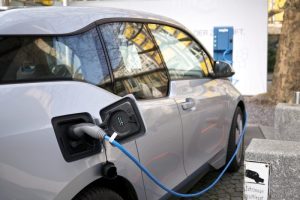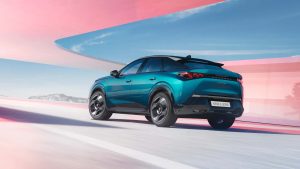The supply of electric vehicles is expected to dip in the coming months after China unveiled plans to restrict exports of graphite, a mineral used to manufacture batteries used for electric-powered cars.
The supply in other markets is expected to reduce after China cited national security for restricting the exportation of the precious mineral.
While making the announcement, China noted that traders and companies will need export permits starting from December.
The announcement came days after the United States imposed additional limits on the kinds of semiconductors that American companies can sell to Chinese firms.

“At the moment both China and Western countries are engaged in a tit-for-tat, highlighting how protectionist measures often spread. Newton’s third law that every action causes a reaction applies here, too,” stated Stefan Legge, head of tax and trade policy research at the University of St Gallen in Switzerland.
In preparation of the shortage, the Institute for Energy Research, a Washington, DC-based research organization, observed that some carmakers were trying to source for granite in other markets.
Global sales of EVs, including purely battery-powered vehicles and hybrids, are soaring, according to the International Energy Agency.
Sales exceeded 10 million units last year, up 55 per cent from 2021, and are expected to rise to nearly 14 million vehicles this year, it projected.
In Kenya, President William Ruto introduced tax incentives to encourage the manufacturing of electric vehicles. Ruto stated that the government had put measures to remove Value Added Tax (VAT) on spare parts and batteries as well as on all charging equipment for the e-bikes.
The Head of State added that the government would also reduce VAT for electric boda bodas which would ensure the buying price goes down by 16 per cent in a bid to make the bikes affordable.
“We have policy intervention in our Finance Bill specifically targeting e-mobility, our boda boda people specifically because they contribute almost Ksh.1 billion to the economy every day,” he stated.
“The policy interventions we have included from zero rating on all e-bikes, motor vehicle spare parts, removing taxes on charging equipment, battery and lithium and the whole manufacturing of gadgets and instruments used in e-mobility.”
President Ruto likewise said the electricity costs at charging stations would be cut.
